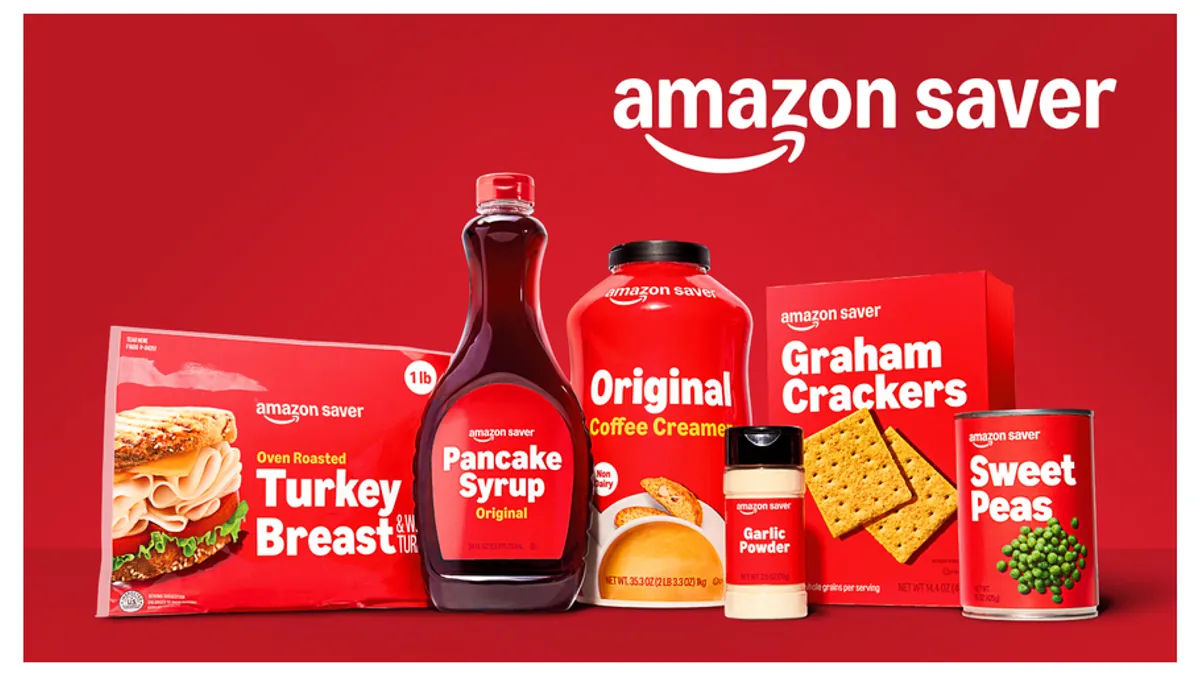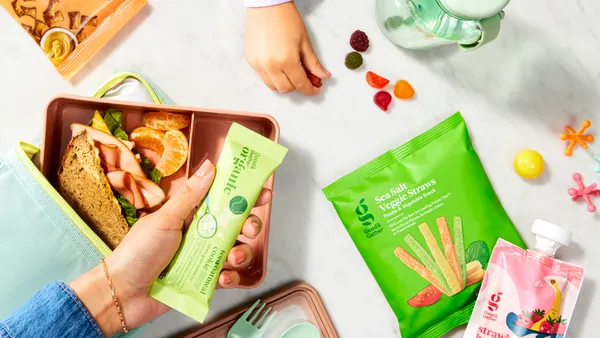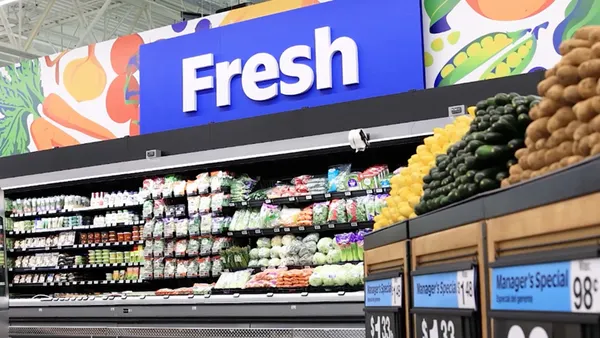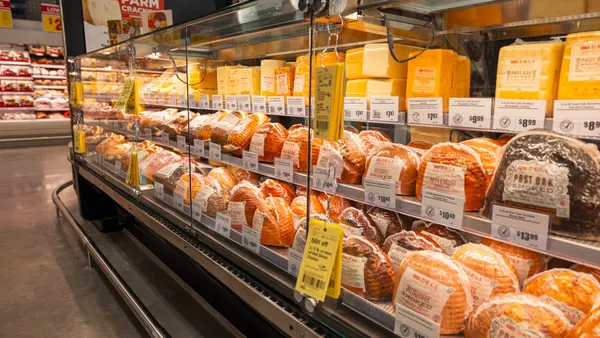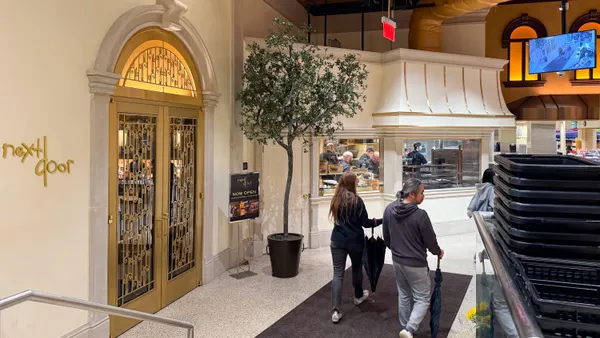Grocers have long looked to private label goods as a way to help achieve the twin goals of holding down costs for shoppers and improving profit margins.
House brands proved especially popular as inflation soared in 2021 and 2022, with retailers adding a slew of new brands to their portfolios and executives making a point of highlighting their private label penetration on earnings calls. Last year, store brands accounted for a record 20.7% of grocery unit sales, according to the Private Label Manufacturers Association.
The private label trend has continued to steam ahead throughout 2024 as grocers have looked to focus on value even as inflation has abated, underscoring the central role store brands play in the supermarket industry.
Retailers have recently made a point of using their own brands to target specific consumer needs, such as budget-friendly products, convenient meal options and gifts. For example, in September, Stop & Shop brought out a private label coffee line the supermarket chain said was intended to offer “coffee lovers an elevated coffee experience at a great value.” Just ahead of that announcement, Harris Teeter introduced a private label line of ready-made meals. And Amazon Fresh added a new brand centered on budget-priced essential goods.
Here’s a look at some of the most significant private label developments that have unfolded recently.



